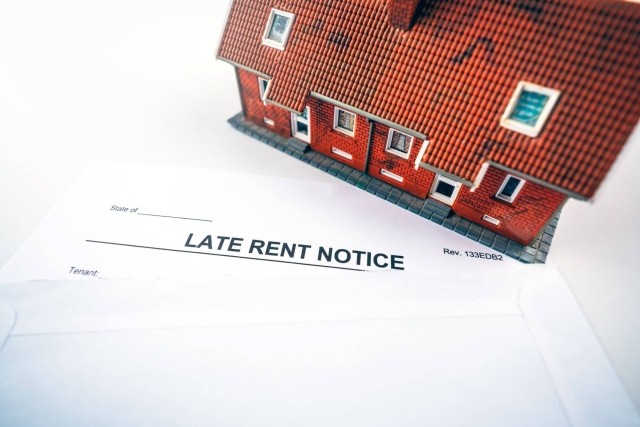While it may be uncomfortable to ask for more money, rent increases are a normal part of being a landlord. Let's explore how to raise the rent and how to explain a rent increase to your tenant.
Can You Raise the Rent?
While you own the property, you can’t charge whatever you want. If your state is rent-controlled, you have to meet certain requirements, and there could be a limit for the amount you are allowed to increase rent. For other states, you’ll need to provide sufficient notice of a rent increase. Also, if your tenant signed a lease, you typically can’t raise the rent mid-lease. Even if your tenant is month-to-month, you’ll likely have to give them 30 days’ notice of a rent increase. Before raising the rent, be sure to check the laws in your state and consult your attorney.
Know the Rental Market
What you charge for rent should be determined by your market. Spend some time on research. Learn what the average rent is in your area and look at comparable properties. When you list your rental on Apartments.com, we provide you with free rent comparison reports. This valuable information gives you a clear understanding of the market so you can price your rental right, compare your property’s value to other similar properties, and review market conditions like the average days on the market and the average rent rates. In addition to this valuable information, your rental home will appear on all 12 of our network sites to help you reach potential renters where they’re searching. By listing on Apartments.com, you can reach millions of renters and fill your vacancy fast.
Make It an Annual Occurrence
If you don’t increase the rent on your tenants for five years and then suddenly increase the rent by a few hundred dollars, you may get some negative feedback from your renters. Instead of doing this, include a small rent increase in the lease to occur automatically at the time of renewal. Again, check your state laws to determine what’s allowed for rent increases. Typically, the increase is 3 to 5 percent, but be aware of the consumer price index and other factors when determining what rate increase will keep you competitive in your market.
If you have terrific renters, you might consider waiving or reducing the increase at the end of the lease term if they renew. If they do move out, you’ll have to deal with the expense and effort involved with preparing the rental, relisting it, having showings, and trying to find the right tenants – and losing rent for the time your property is unoccupied. Is it worth losing good renters to gain that extra $20 to $50 a month?
Give Ample Notice
Send a rent increase letter to your tenant 60 days before the lease expires. If they don’t plan to renew the lease, you’ll have plenty of time to start marketing the property and scheduling showings. You can send your rent increase letter through regular mail or by email. You might want to begin by thanking them for being great tenants and that you hope they’ll renew. Then notify them of the rent increase and the date the increase will begin (the date the lease is renewed). You can include the new lease with this letter. Ask them to notify you immediately if they don’t intend to renew.
What to Include in Your Rent Increase Letter:
When you write your rent increase letter, try to make it friendly but professional. Address them by name rather than use the generic “dear tenant.” Be sure to include the following elements:
- The name of your tenant
- The date
- The property address
- The lease expiration date
- The date the rent increase will take effect
- The amount of the increase
- The current rental amount
- Date the new rent will be due
- Reference the current lease agreement (state that it will remain in effect)
- The date by which you should be notified if they don’t wish to renew the lease
- A friendly closing (“I hope you choose to renew, but if not, please send your notice to vacate”)
- Your phone number
- Your signature
Start Collecting Rent Online
If you aren’t already collecting rent online with Apartments.com, the lease renewal period is a terrific time to set this up. No more dealing with rent checks, and tenants can set up automatic payments so you can both be assured rent will be paid on time. Tenants even get email reminders about the rent, and these automated reminders include late fees if the rent is past due. If your tenants decide not to renew, advertising on Apartments.com will help you reach millions of qualified renters so you can quickly fill your vacancy, saving you time and money. And the best part? It’s free to use!











